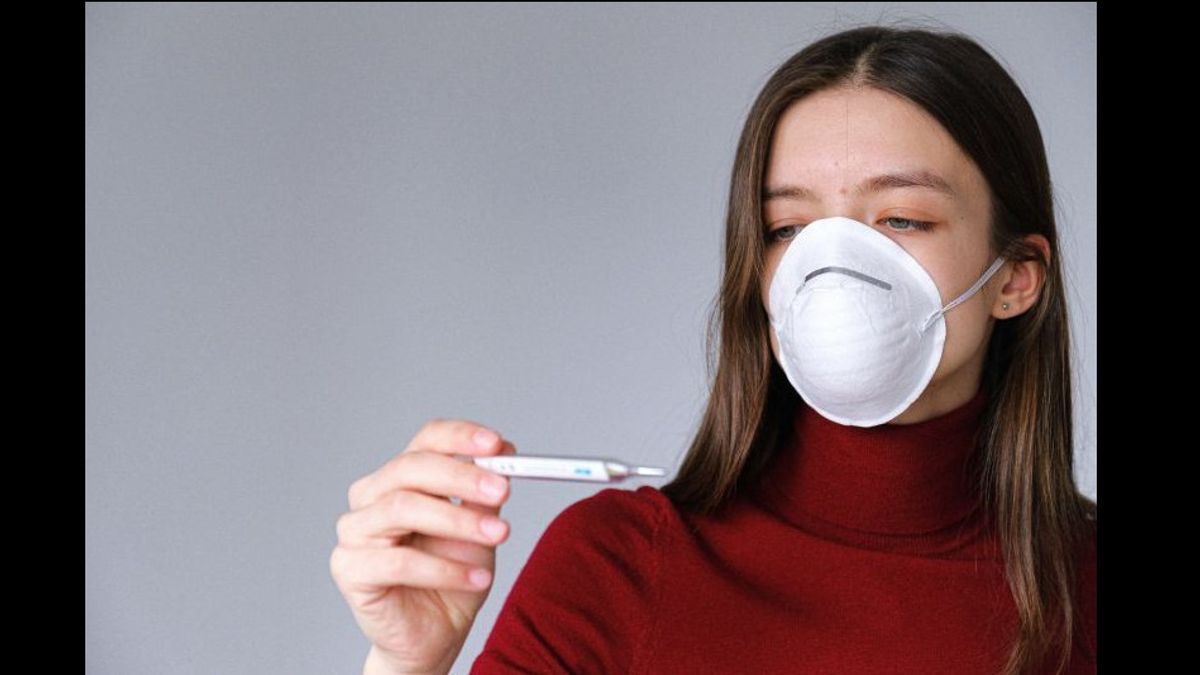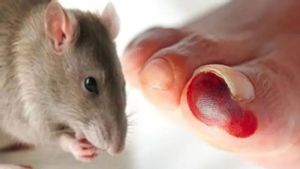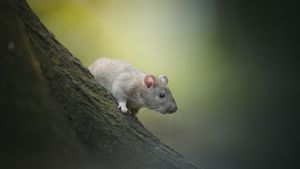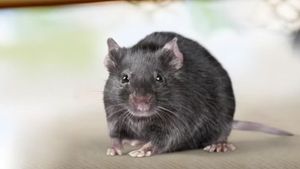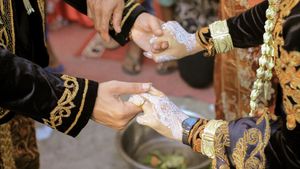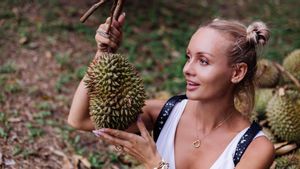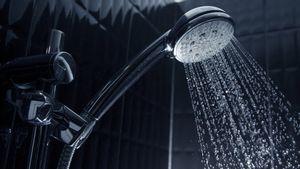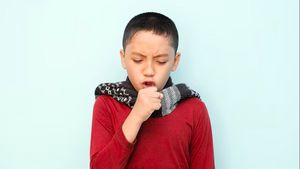JAKARTA - Professor of Pulmonology and Respirational Medicine at the Faculty of Medicine (FK), University of Indonesia (UI), Prof. Dr. Tjandra Yoga Aditama reminded that leptospirosis disease due to Leptospira bacteria needs to be watched out for during the current outbreak.
He said this disease was transmitted through rat droppings and urine. Meanwhile, during the rainy season, especially during floods, rats living in the earth's voids will come out to save themselves.
The mice will roam around humans where their droppings and urine will mix with floodwater.
"A person who has wounds, then plays or is submerged in flood water that has been mixed with rat droppings and urine containing leptoira bacteria, has the potential to be infected and will fall ill," he said as quoted by Antara, Saturday, November 4.
The Director of Postgraduates at YARSI University, then gave a tip to anticipate leptospirosis, namely maintaining cleanliness so that no rats roam, not playing with water during floods, especially if they have wounds.
Another step is to wear protective equipment such as shoes if forced to go to a flooded area and immediately seek treatment at a health facility if you are sick with sudden hot symptoms, headaches and chills.
According to Tjandra, apart from leptospirosis, there are still several other diseases that people need to be aware of during this transitional season, one of which is diarrhea.
This disease is closely related to the cleanliness of individuals or personal hygiene. The prolonged summer causes the supply of clean water to also decrease and with limited water supply, hygienics also decrease.
This, continued Tjandra, will increase the transmission of diarrhea.
Then, in order to protect oneself from the risk of diarrhea, he advised the public to get used to washing their hands with soap every time they eat or drink and after defecating and getting used to boiling drinking water until it boils every day.
In addition, people are advised to maintain environmental cleanliness, avoid piles of garbage around their homes, and do not forget to contact the nearest health officer immediately if there are symptoms of diarrhea.
Another disease that also needs to be watched out for is dengue fever which is transmitted through aedes aegypti mosquitoes. According to Tjandra, in the dry season, the water supply can be very limited so that people will tend to save water and the habit of draining water reservoirs will also become rare.
"This provides an opportunity for aedes aegypti mosquitoes to reproduce, which ultimately increases the risk of transmission of dengue fever," he said, who once served as Director of Infectious Diseases of WHO Southeast Asia.
SEE ALSO:
On the other hand, at the turn of the season from summer to rainy season, there will be puddles of water in several containers that previously did not contain water such as used tires, cans and roofs with poor construction.
All of this, added Tjandra, provides an opportunity for dengue fever vectors to reproduce.
He then reminded about the risk of people getting typhoid fever which is closely related to the availability of clean water. This disease is very easily transmitted through food and drinks that are not processed cleanly.
Tjandra added that acute respiratory infection (ARI) is also a disease that needs to be watched out for. In transition and air pollution situations, ISPA will increase.
In addition, the community also needs to anticipate the worsening of chronic diseases that may have been suffered. This happens because of the decrease in endurance due to changes in the transition season, he said.
The English, Chinese, Japanese, Arabic, and French versions are automatically generated by the AI. So there may still be inaccuracies in translating, please always see Indonesian as our main language. (system supported by DigitalSiber.id)
